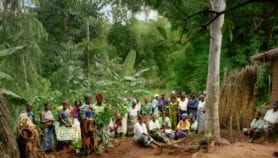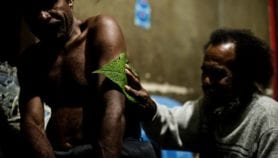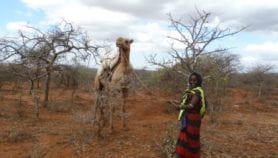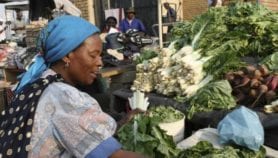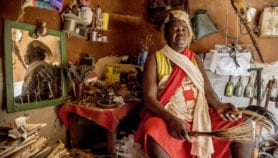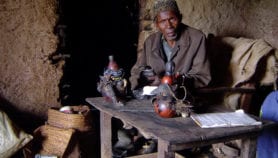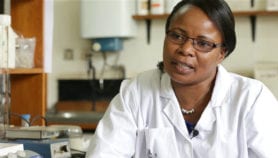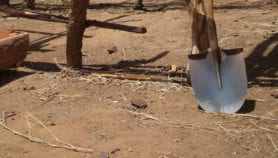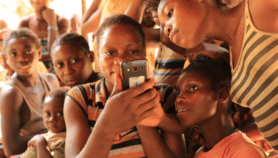By: Anju Sharma
Send to a friend
The details you provide on this page will not be used to send unsolicited email, and will not be sold to a 3rd party. See privacy policy.
A number of African leaders last week used the second African Traditional Medicine Day (31 August) to confirm their commitment to national efforts aimed at ensuring the safety, efficacy and quality of traditional medicines.
In a statement, for example, the African Union (AU) Commission called on its member states to ensure that research on traditional medicine is integrated with HIV/AIDS control programmes, as well as with all aspects of development policy.
Similarly the newly established ministerial committee on traditional medicine of the Southern African Development Community (SADC) stressed the importance of traditional medicine in addressing health challenges.
The decision to observe a Traditional Medicine Day was made by African health ministers in 2000 as part of a strategy to boost the role of traditional medicine in national health systems.
Since 2001, when the Summit of the Organization of African Unity declared 2001-2010 as the Decade for African Traditional Medicine, African countries have been developing both research programmes on traditional remedies and legislation regulating their use.
South Africa, for example, has set up a Traditional Medicines Database containing medical and botanical information on plants with healing properties, intended as a step towards setting safety standards.
Earlier this year, the country’s Medical Research Council started investigating seven traditional remedies to determine whether anecdotal claims of cures for several diseases — including HIV/AIDS — can be supported scientifically.
Some Africa countries, such as Tanzania, already have legislation regulating the use of traditional medicine. The South African Parliament is expected to follow suit with the adoption of a bill setting up a Traditional Health Practitioners Council, as well as a regulatory framework for traditional health practitioners and services.
The South African proposal has run into criticism from organisations such as Doctors For Life, who oppose the use of medicines that, they claim, have not been scientifically validated.
In Kenya, however, a similar bill — now awaiting debate in parliament — has been given a cautious welcome by the medical community, even though physicians continue to express reservations about the ethical basis on which some traditional medicines are administered.
Ghana chose the second African Traditional Medicine Day to launch a code of ethics for traditional medicine practitioners, developed by the Ghana Federation of Traditional Medicine Practitioners Associations.
And in Senegal, it was announced that the fourth International Conference on Traditional Medicine, which will have a particular focus on HIV/AIDS, will take place in the capital Dakar from 4 to 6 October.
More on Indigenous
News
Study assesses use of plants in antimalarial therapies
[COTONOU, BENIN] Traditional healers in Benin possess sophisticated knowledge regarding the treatment ...29/01/13


